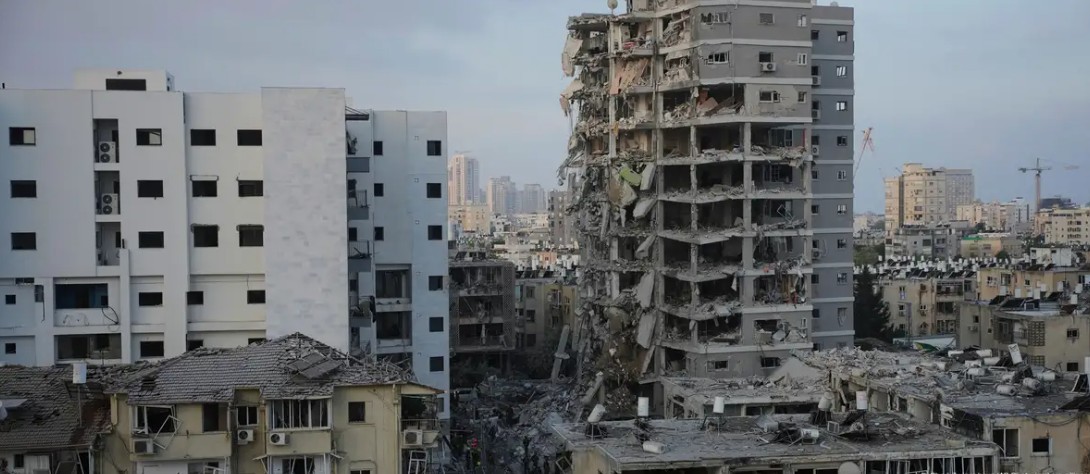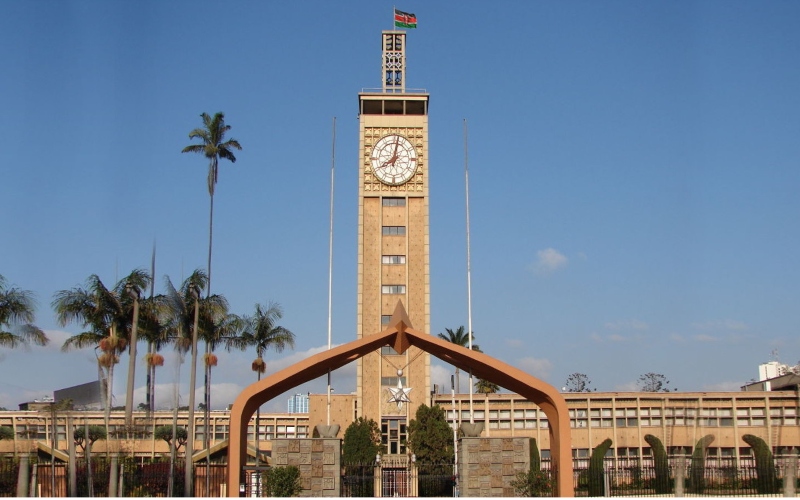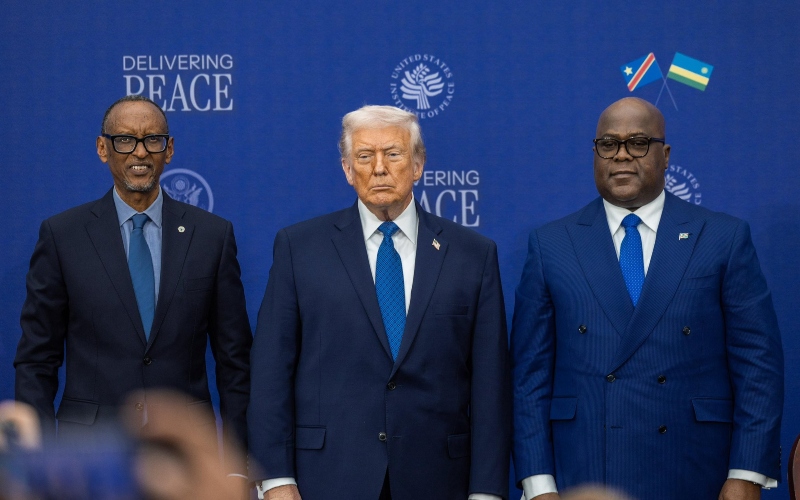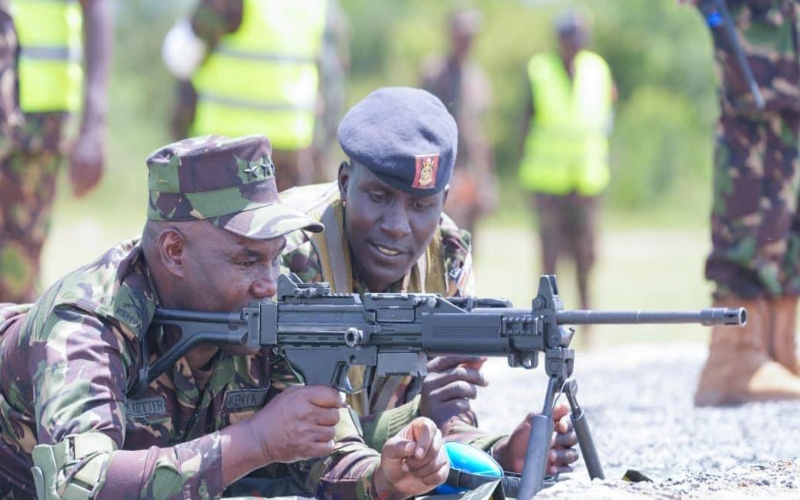21 Arab and Islamic nations condemn Israeli strikes on Iran, warn of rising regional instability

They denounced the strikes as violations of international law and the United Nations Charter, stressing the importance of respecting national sovereignty, territorial integrity and the peaceful resolution of disputes.
Twenty-one Arab and Islamic nations have strongly condemned Israel’s recent military strikes on Iran, warning that the escalating hostilities threaten to destabilise the entire region.
In a joint statement on Monday, Qatar, Algeria, Bahrain, Brunei Darussalam, Chad, Comoros, Djibouti, Egypt, Iraq, Jordan, Kuwait, Libya, Mauritania, Pakistan, Saudi Arabia, Somalia, Sudan, Turkey, Oman, the United Arab Emirates and Algeria, expressed their "categorical rejection" of Israel's attacks on Iran since June 13, 2025.
More To Read
- Gaza’s once-growing economy nears total collapse amid war and blockade
- What charges Benjamin Netanyahu faces and what a pardon could mean
- Iran boycotts 2026 World Cup draw after US denies visas to delegation
- Africa’s rapid drone expansion promises high-tech warfare but struggles to achieve strategic results
- Türkiye issues arrest warrant for Israeli PM Benjamin Netanyahu over Gaza war
- Kenyan Muslims plant 10,000 trees at Uhuru Park in solidarity with Palestine
The countries also denounced the strikes as violations of international law and the United Nations Charter, stressing the importance of respecting national sovereignty, territorial integrity and the peaceful resolution of disputes.
"The Foreign Ministers of the states hereby affirm the categorical rejection and condemnation of Israel's recent attacks on the Islamic Republic of Iran since the 13th of June 2025," the statement seen by The Eastleigh Voice reads.
".... [A]nd any actions that contravene international law and the purposes and principles of the Charter of the United Nations, while emphasising the necessity of respecting the sovereignty and territorial integrity of states, adhering to the principles of good neighbourliness and the peaceful settlement of disputes."
Air defence fire
As the conflict entered its fifth day on Tuesday, Iranian media reported explosions and heavy air defence fire across Tehran, with plumes of smoke visible in the city's east following suspected Israeli strikes. Similar reports of air defences being activated also emerged from Natanz, a city housing key nuclear facilities.
Israel has claimed responsibility for targeting multiple Iranian military sites, including missile launchers and weapons depots, and announced the killing of Iran's wartime chief of staff.
The death toll has also continued to rise, with Iranian officials reporting 224 casualties, mostly civilians, while Israel put its civilian death toll at 24 and confirmed the evacuation of nearly 3,000 people due to damage from Iranian attacks.
Reports indicate that Tehran has asked Oman, Qatar, and Saudi Arabia to urge US President Donald Trump to press Israeli Prime Minister Benjamin Netanyahu for a ceasefire.
In exchange, Iran signalled it may show flexibility in stalled nuclear negotiations. While Iran insists it is not pursuing nuclear weapons, it continues to defend its right to enrich uranium under the Nuclear Non-Proliferation Treaty for peaceful purposes.
Top Stories Today











































